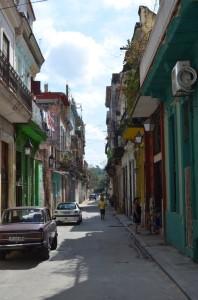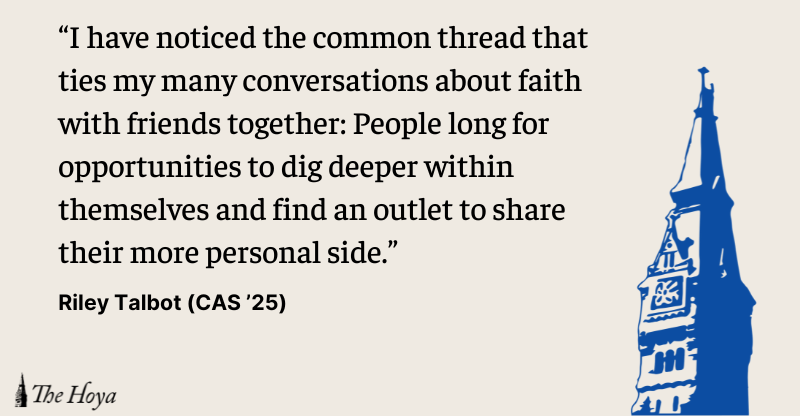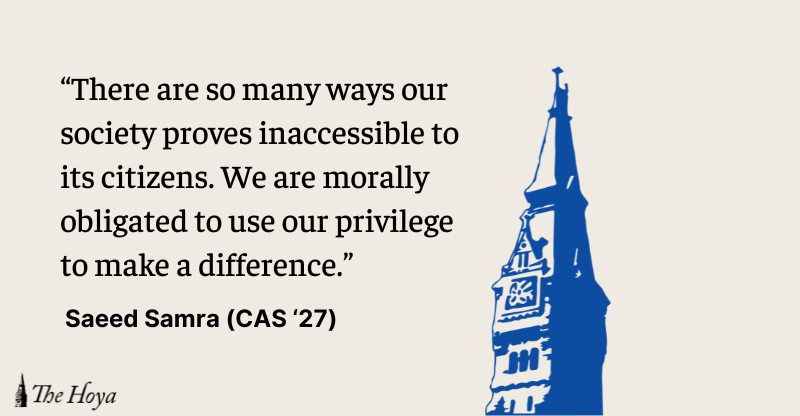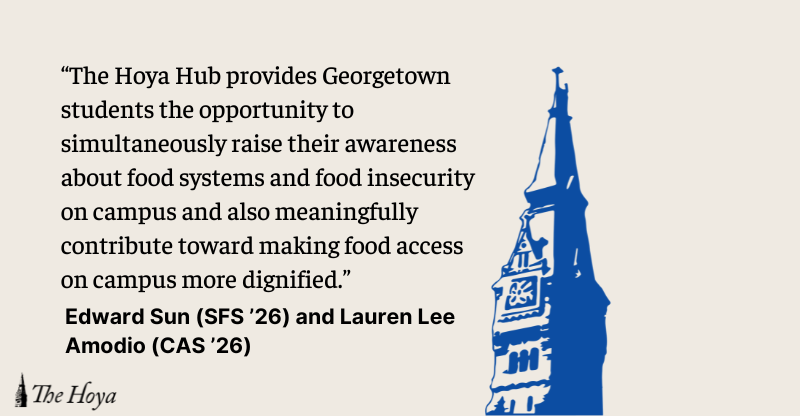
COURTESY RICARDO MONDOLFI
Last month, I had the opportunity to visit Cuba with three friends.
The news that I was traveling to Havana was not well-received at home in Venezuela. Relations between the Venezuelan and Cuban regimes have been cozy since Hugo Chávez took power in 1998. Close economic and military ties have given the Cuban government significant influence over Venezuelan leaders.
In Caracas, protests against Nicolás Maduro’s regime have been daily occurrences for months now. Dozens are dead, hundreds wounded and thousands arrested at the hands of state security forces that act with complete impunity.
During my lifetime, I have witnessed my home country transform at a dizzying pace: Chávez was elected the year after I was born. While I cannot quite remember the 2002 coup, I do have memories of Chávez’s third re-election in 2006, when he first declared that he would transform Venezuela into a socialist state. Less than a year later, Radio Caracas Televisión Internacional, the country’s largest television network, was forced to close, and Compañía Anónima Nacional de Telefonos de Venezuela, the biggest telecommunications company, was unlawfully expropriated and nationalized by the government. Banks, grocery stores and newspapers quickly followed in this pattern of nationalization; poverty increased to above pre-Chávez levels even as the price of oil — the country’s primary export — soared above $100 a barrel.
Maduro succeeded Chávez after a fraudulent election and has proven himself even more boldly incompetent: He now frequently appears dancing on state-owned TV networks while his people rummage through garbage to find food, die prematurely in crumbling hospitals and protest in the streets. My visit to Havana, home of the Venezuelan regime’s puppet masters, was particularly untimely.
What I saw in Havana did not surprise me, but it did remind me a little of Caracas. I saw widespread poverty, entire neighborhoods that look like warzones and people on the streets with no jobs or property. I also saw the lavish hotels that overlook the Malecón and the stunning opera house surrounded by diplomatic vehicles, as ambassadors enjoyed a show. For decades, the Cuban people have suffered at the hands of authoritarian, power-hungry leaders who act like criminals and live like royals; I kept thinking of how Venezuela is heading down the same path.
On June 17, President Donald Trump and Sen. Marco Rubio (R-Fla.) announced in a speech in Miami that the White House would be “cancelling” the ease of restrictions introduced by former President Barack Obama’s administration; for example, the Trump administration plans to tighten the tourism restrictions that were relaxed under Obama, in addition to creating new economic regulations.
Rubio said Obama had “outstretched his hand to a regime” while Trump would “reach out his hand to the people of Cuba.” However, confrontational rhetoric aside, Trump’s new policy makes almost no changes to U.S.-Cuba relations: The American embassy will remain open, agencies will continue to cooperate and tourists will still be able to travel to the island. One big change, and a positive one, is that businesses and travelers will no longer be able to conduct business with companies controlled by the Cuban military.
Another notable change is that American citizens will no longer be able to conduct people-to-people travel, meaning that American tourists will have to visit the island through a licensed tour company. This restriction will be extremely harmful to everyday Cubans: Private bed-and-breakfasts, like the Airbnb I stayed in, restaurants and taxis will all suffer, as they depend largely on individual travel.
While Trump and Rubio’s words promise to defend average Cubans, their policies signal the opposite. Everyone I spoke to in Havana, from our host to our taxi drivers to people on the street, told me that they benefited from tourism, especially because this type of transaction is mostly done in cash and is thus one of their only sources of income that does not have to be surrendered to the government. As a recent analysis by the Brookings Institution concurred, travel, “especially individual travel, fundamentally benefits the private sector.”
Trump’s aggressive rhetoric alone has damaged our efforts to weaken a regime that regularly abuses basic rights: The Cuban government under Raúl Castro uses these verbal attacks to further the age-old narrative that depicts the United States as a foreign invader, which works to bring the government and the Cuban people, usually at odds, closer together against this common enemy.
Obama’s actions were not only supported by a majority of Cuban-Americans and voters from both parties, but they also gave the Cuban people hope. Trump’s words have been used to once again antagonize the United States, embolden the Castro regime and cut off individual interaction between everyday Cubans and American travelers in favor of benefitting large companies and tour operators.
In Venezuela, meanwhile, the government has recently felt the pain of American sanctions imposed as a consequence of human rights abuses, drug trafficking and money laundering. These sanctions are specifically targeted at corrupt officials and thus – unlike the Cuban embargo – will punish power-hungry leaders without harming ordinary people. This policy, though not as publicized as the Cuban embargo, is effective and rational, as it ignores the narrative of the United States that fuels these regimes.
What I saw in Cuba was a stark reminder of what is at play back home in Venezuela. In light of Trump’s policy change, it is imperative that the United States avoids playing into the antagonistic narrative created by these two regimes, and that “reaching out a hand” to oppressed people are not merely empty words.
Ricardo Mondolfi is a junior in the School of Foreign Service.



















